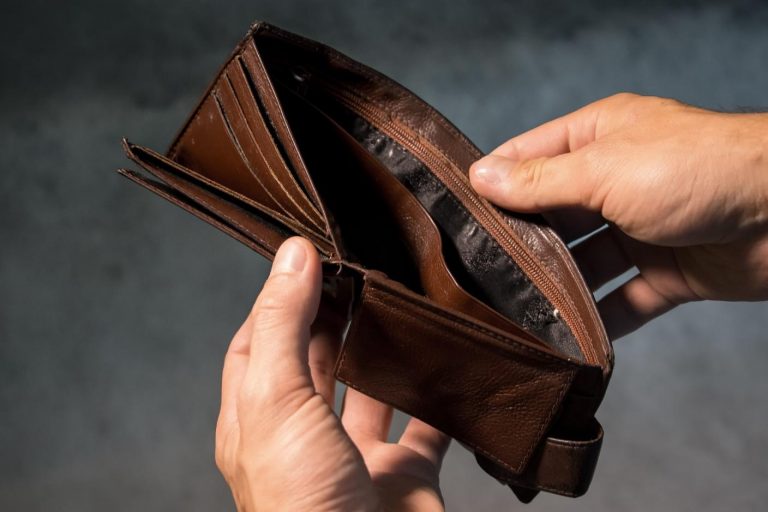An average American family spends approximately $2,000 on electricity bills every year. And that is not all. There are also water and gas bills to take care of.
The good news is that you can cut your bills significantly if you can identify areas where your money could be going down the drain. But worry not, as this article highlights various little things that keep your bills high and how to solve the problems.
Problems with Your Thermostat
Your home’s thermostat is your home’s heating or cooling system brain.
When the temperatures are below the set limit, the thermostat will keep the switch to your heating system on until your home is adequately heated. Conversely, it will communicate with your heating system to keep heat production low when the home is adequately heated.
A thermostat malfunction can result in an unintended rise in temperature or a drop in temperature, meaning your system will need to work harder to stabilize the temperatures.
Fortunately, solving thermostat problems is pretty straightforward if you understand common troubleshooting solutions.
If you have a Honeywell thermostat installed in your home, this Honeywell thermostat troubleshooting guide can help you solve your problems quickly.
Inefficient Electrical Appliances
You could be having antique appliances that could still be in good working order and do not feel like letting go. The problem is that your antique appliances could be why your utility bills are always higher than an average homestead.
But you do not have to get rid of the antique appliances. You can still keep them but not use them. Instead, switch to using newer energy star-rated appliances.
While the cost of replacing appliances may be relatively high, it will be worthwhile in the long run. Also, you do not have to replace all of them at once.
Gaps in Doors and Windows
According to government statistics, an average American home loses between $200 and $400 annually through air leaks in your doors or windows. Therefore, whether you are looking to heat or cool your house, you have to ensure it is weatherproof if you are keen on making a saving on your utility bills.
The most effective way of solving door and window air leakage is by installing new ones altogether, especially if your home is old. However, if you are running low on cash, you may consider using caulk or a sealant in all areas with leaks.
An excellent way to identify areas where outside air could be getting into your house is by running a lit candle around suspect joints. If you notice any movement in the flame, there is a leak.
Water Wastage
If you are hoping to save on water bills, the first place you may need to look at is leaking faucets, pipes, or dripping toilets. Once you have all the leakages fixed, the next place you want to focus on would be areas where you could be using more than necessary water.
For example, if you take 10 minutes in the shower, try cutting it back to five or shorter. Also, you may consider replacing your old showerhead with a low flow or smart shower head.
You may also want to opt for a dishwasher rather than hand washing. While this may sound counterintuitive when trying to save on your bills, most modern dishwashers are pretty efficient in energy consumption and can help you save up to 24 gallons of water.
Small Luxuries
You do not have to live a lavish lifestyle to indulge in luxuries. Luxury can be anything that you have made a part of your lifestyle that you could live without causing major disruptions in your life.
Some areas that may need readjusting can include using cold water to wash your hands, cold water in your washing machine, and drying your clothes in the sun rather than machine drying.
Also, you may consider stepping down your thermostat to a lower than optimum temperature and use blankets for warming instead while in the house.
All these adjustments mentioned in this post mean less gas, less electricity, and less water usage, resulting in less money going into your bills.

